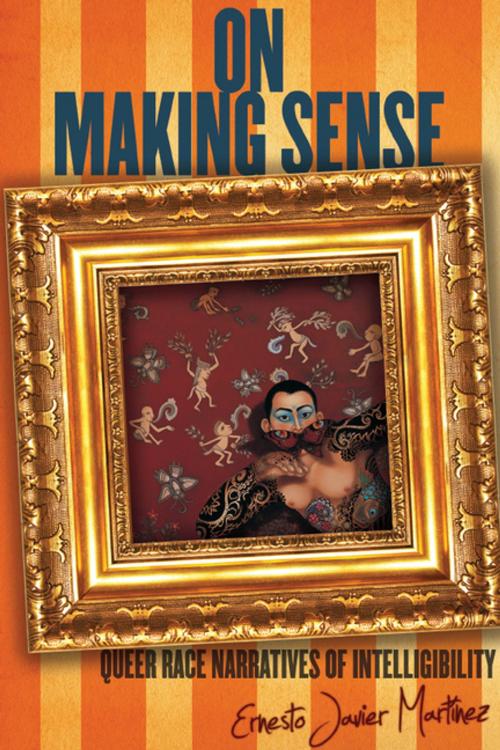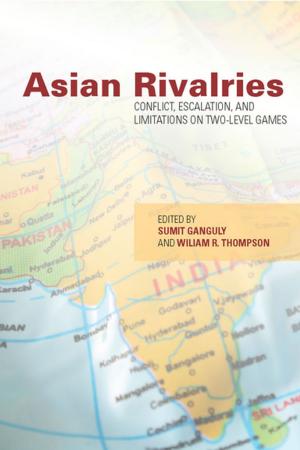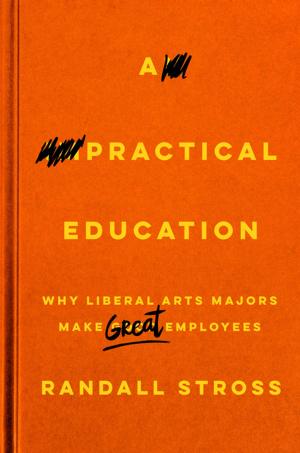On Making Sense
Queer Race Narratives of Intelligibility
Fiction & Literature, Literary Theory & Criticism, Gay & Lesbian| Author: | Ernesto Javier Martínez | ISBN: | 9780804784016 |
| Publisher: | Stanford University Press | Publication: | October 31, 2012 |
| Imprint: | Stanford University Press | Language: | English |
| Author: | Ernesto Javier Martínez |
| ISBN: | 9780804784016 |
| Publisher: | Stanford University Press |
| Publication: | October 31, 2012 |
| Imprint: | Stanford University Press |
| Language: | English |
On Making Sense juxtaposes texts produced by black, Latino, and Asian queer writers and artists to understand how knowledge is acquired and produced in contexts of racial and gender oppression. From James Baldwin's 1960s novel Another Country to Margaret Cho's turn-of-the-century stand-up comedy, these works all exhibit a preoccupation with intelligibility, or the labor of making sense of oneself and of making sense to others. In their efforts to "make sense," these writers and artists argue against merely being accepted by society on society's terms, but articulate a desire to confront epistemic injustice—an injustice that affects people in their capacity as knowers and as communities worthy of being known. The book speaks directly to critical developments in feminist and queer studies, including the growing ambivalence to antirealist theories of identity and knowledge. In so doing, it draws on decolonial and realist theory to offer a new framework to understand queer writers and artists of color as dynamic social theorists.
On Making Sense juxtaposes texts produced by black, Latino, and Asian queer writers and artists to understand how knowledge is acquired and produced in contexts of racial and gender oppression. From James Baldwin's 1960s novel Another Country to Margaret Cho's turn-of-the-century stand-up comedy, these works all exhibit a preoccupation with intelligibility, or the labor of making sense of oneself and of making sense to others. In their efforts to "make sense," these writers and artists argue against merely being accepted by society on society's terms, but articulate a desire to confront epistemic injustice—an injustice that affects people in their capacity as knowers and as communities worthy of being known. The book speaks directly to critical developments in feminist and queer studies, including the growing ambivalence to antirealist theories of identity and knowledge. In so doing, it draws on decolonial and realist theory to offer a new framework to understand queer writers and artists of color as dynamic social theorists.















